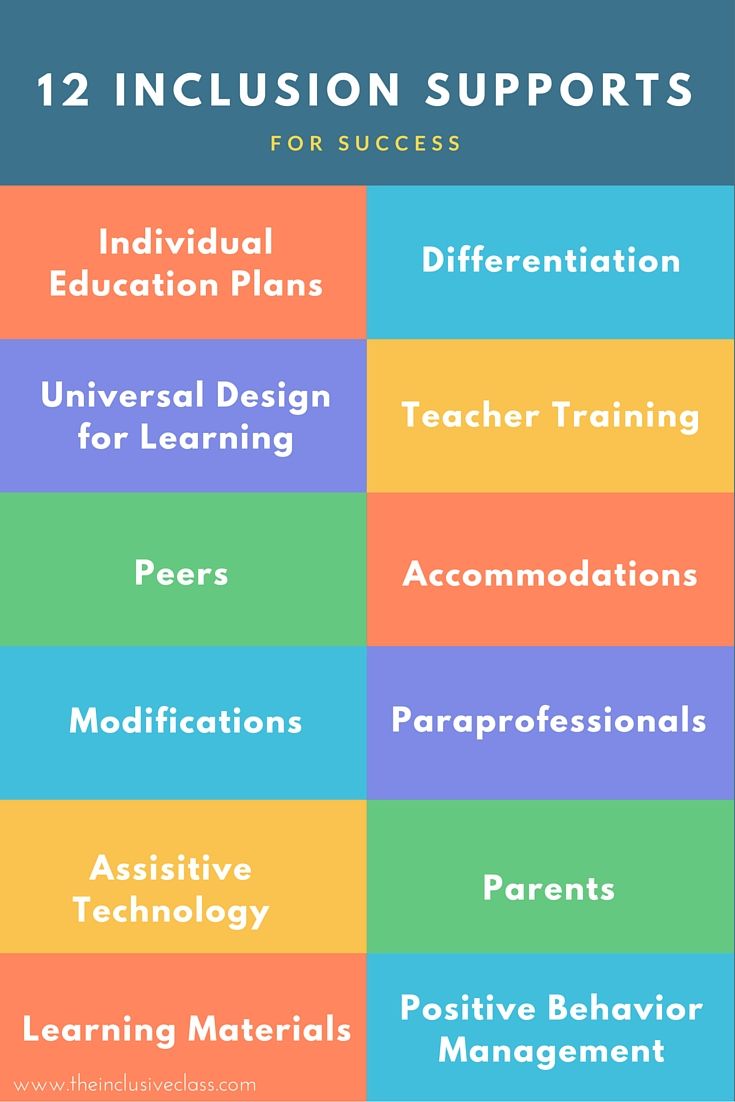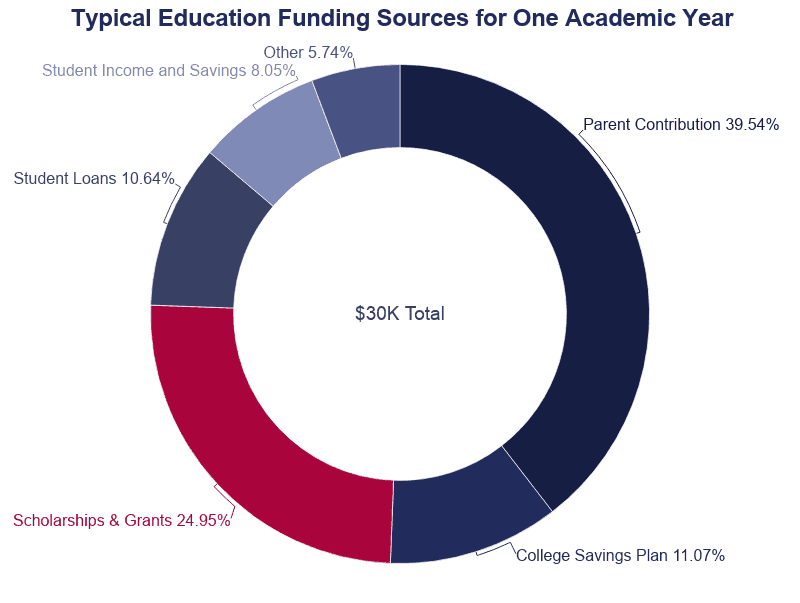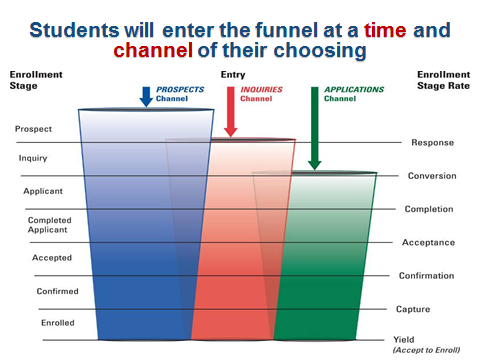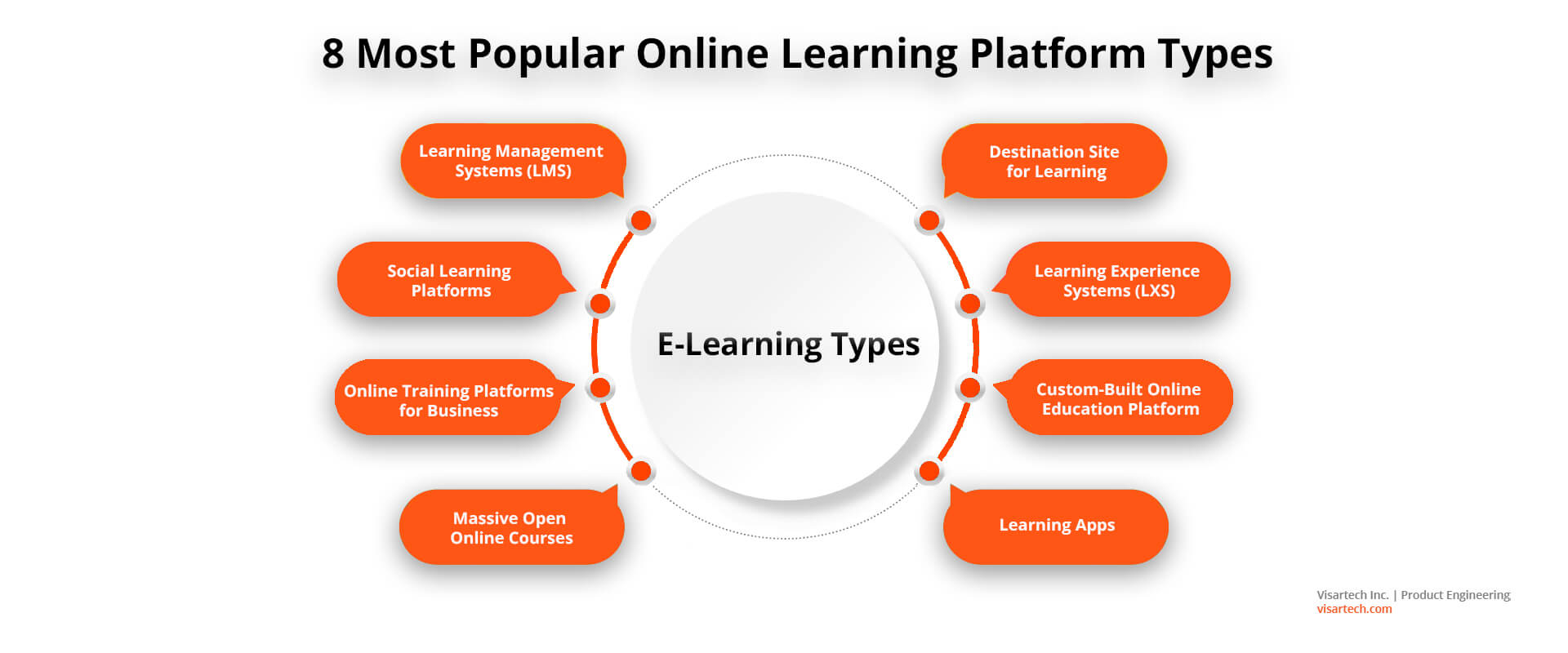Unlocking the Potential of Special Education
Special education plays a crucial role in providing tailored learning opportunities for students with diverse learning needs. However, there still exist misconceptions surrounding special education that hinder its full potential. In this blog post, we will explore the benefits of special education and how it can be optimized to unlock the potential of every student.
1. Individualized Instruction: Special education recognizes that each student is unique and requires a personalized approach to learning. Teachers in special education classrooms are trained to develop individualized education plans (IEPs) to meet the specific needs of each student. By tailoring instruction, special education maximizes learning outcomes and fosters growth.
2. Inclusive Learning Environment: Inclusive education promotes the integration of students with disabilities into mainstream classrooms, fostering socialization and reducing stigmas. The inclusion of students with diverse abilities not only benefits them but also enhances the educational experience for all students. Collaboration, empathy, and understanding thrive in such inclusive environments.
3. Adaptive Teaching Strategies: Special education utilizes adaptive teaching strategies to accommodate various learning styles and address specific challenges. These strategies include multisensory instruction, assistive technology, visual aids, and differentiated assignments. By adapting teaching methods, special education ensures that every student can access and engage with the educational content effectively.
4. Supportive Services: Special education provides a range of supportive services that extend beyond the classroom. These services can include speech and language therapy, occupational therapy, counseling, and assistive technology support. By addressing the holistic needs of students, special education enables them to overcome barriers to learning and succeed academically, emotionally, and socially.
5. Parental Collaboration: Special education recognizes the importance of involving parents and guardians in the educational process. Collaboration between educators and parents/guardians ensures that students receive consistent support both at home and school. Effective communication and shared decision-making contribute to the success of special education programs.
6. Transition Planning: Special education focuses not just on immediate academic needs but also on preparing students for life beyond school. Transition planning supports students in developing skills for independent living, employment, and further education. By equipping students with the necessary skills, special education empowers them to lead fulfilling and productive lives.
7. Professional Development: To unleash the full potential of special education, ongoing professional development is crucial. Educators need training and support to stay updated with the latest research, instructional practices, and legal requirements. By investing in professional development, schools can ensure that special education programs are executed effectively and in accordance with best practices.
By unlocking the potential of special education, we create inclusive learning environments where every student can thrive. Special education recognizes the unique strengths and challenges of each student and provides the necessary support and accommodations for their success. Let’s continue working towards a future where all learners have equal opportunities to fulfill their potential.











